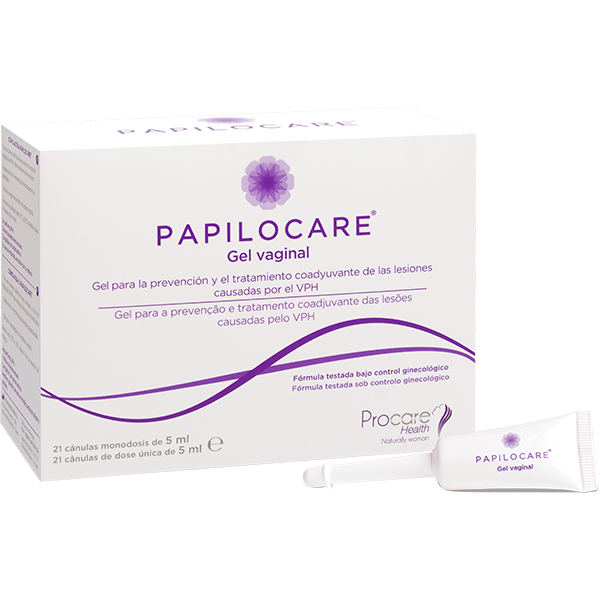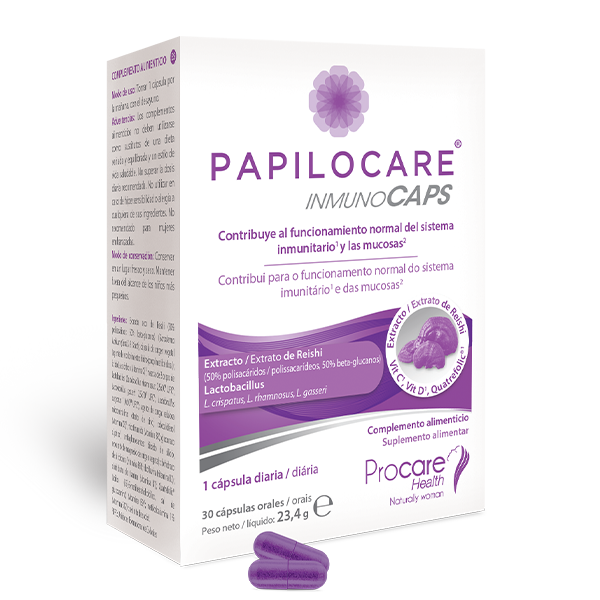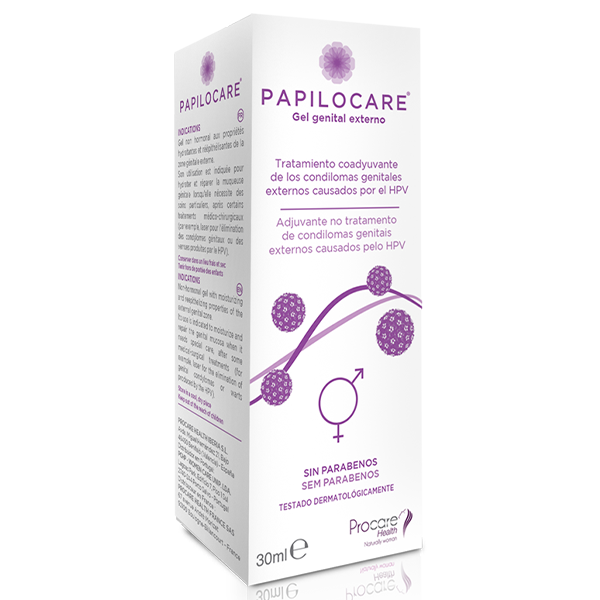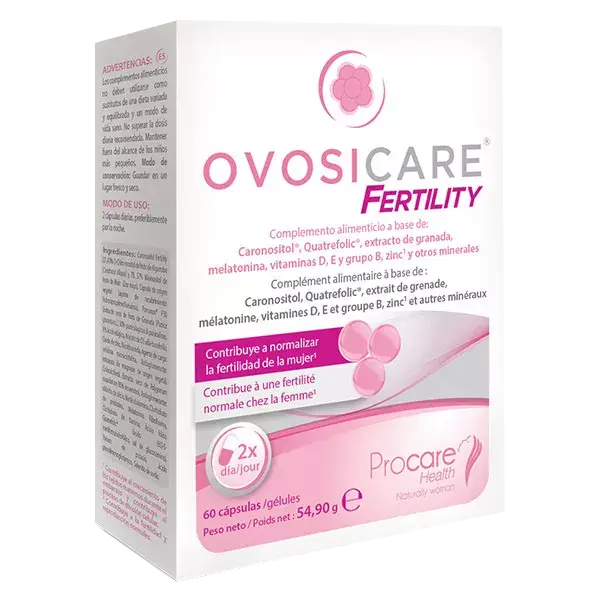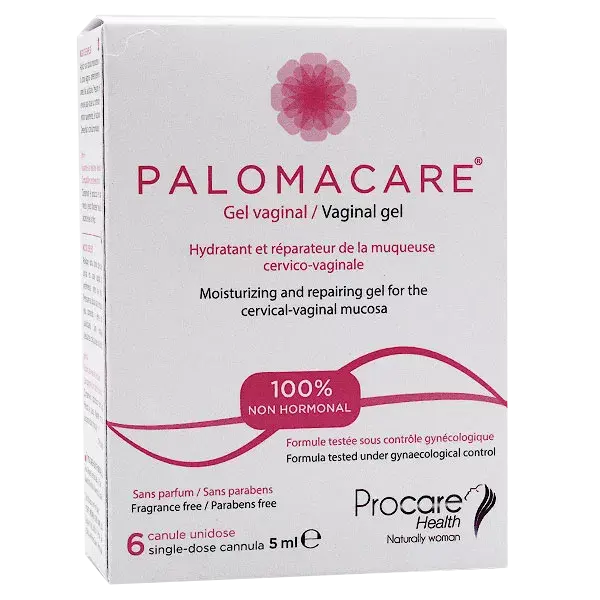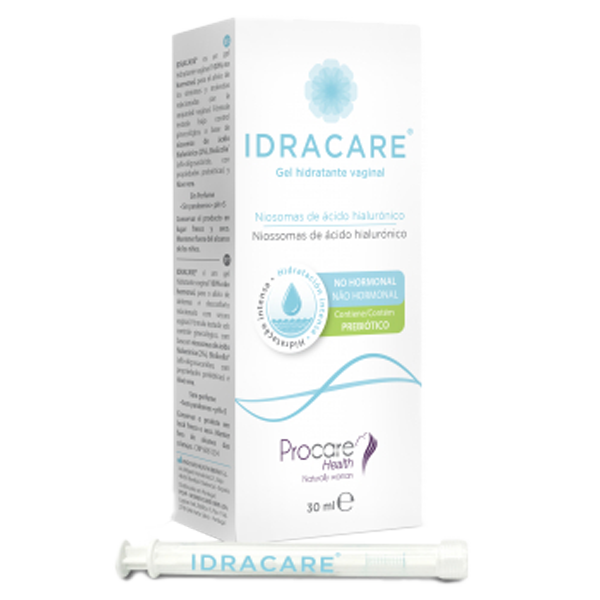Learn more about what it means if you get a diagnosis of CIN, and about your treatment
options.
What does it mean if I’ve been diagnosed with CIN?
CIN stands for cervical intraepithelial neoplasia and it means there have been some changes to the cells that line the cervix (abnormal cells).
- Cervical means it affects the cervix
- Intraepithelial means the abnormal cells are on the surface of the cervix and haven’t grown past the surface layer.
- Neoplasia means the growth of abnormal cells.
How is CIN diagnosed?
If you have had a smear test that shows some cells have changed, you will be invited for a colposcopy. A specialist doctor or nurse uses a microscope called a colposcope to look carefully at the cells of the cervix. As a result of what they see, they may diagnose CIN.
CIN is classified according to how much of the surface layer of the cervix is affected by abnormal cells.
- CIN 1 (low grade)
This means abnormal cells affect about a third of the thickness of the surface layer of the cervix. - CIN 2 (high grade)
This means abnormal cells affect about one- to two-thirds of the surface layer of the cervix. - CIN 3 (high grade)
This means abnormal cells affect more than two-thirds of the surface layer of the cervix.
What causes CIN?
CIN is caused by human papillomavirus or HPV, a very common virus that is spread through sexual contact. Most sexually active people get HPV at some point in their lives. There are many strains of the virus, but a few high-risk strains, including HPV-16 and HPV-18, are more likely to affect the cervix and cause CIN.
Is CIN cancer?
No – CIN is not cancer. But there is a risk that if CIN is not treated it may, over many years, develop into cancer. Your doctor or specialist will talk to you about your treatment options to prevent this happening.
What is the treatment for CIN?
CIN 1 rarely becomes cancer and often goes away on its own. You will be offered further smear tests or colposcopies to check if the abnormal cells are improving.
CIN 2 can either be monitored (wait and see approach) or treated. The doctor or specialist nurse who did your colposcopy will talk to you about the options.
There is a higher risk that CIN 3 could develop into cancer, and you will be offered treatment to remove the cells that have changed to prevent this happening. The most common treatment for cells that have changed is LLETZ, or large loop excision of the transformation zone. This uses a wire loop heated by an electric current to remove cells in the affected areas of the cervix.
Is there an alternative treatment for CIN?
Abnormal cells on the surface layer of the cervix are known as lesions. Doctors will aim to remove more developed lesions, as explained above, but with early-stage lesions, they take a ‘wait and see’ approach. This is because, in many cases, the abnormal cells will return to normal thanks to the body’s own immune system.
There is only one proactive solution that is proven to work with early-stage lesions, Papilocare®. Papilocare® is a natural (non-hormonal) treatment that is proven in clinical trials to treat HPV-related cervical lesions and clear all strains of the virus within six months, when used as recommended.
Papilocare® is applied to and works directly on the cervical-vaginal area, where persistent HPV can sometimes lead to changed, or abnormal, cells. The Paloma clinical trial studied how well Papilocare® worked to prevent and treat cervical lesions caused by HPV. The study found that Papilocare® cleared the virus in 63% of patients who followed the recommended treatment. This compared to 40% of patients who had no treatment, but continued on the conventional ‘wait and see’ approach.
LivBio is the official retailer of Papilocare® in the UK.
Please note that Papilocare® is not a substitute for any treatment recommended by your doctor. It is a treatment based on natural ingredients that will support your immune system to rid your body of HPV.
Where can I find out more?
Macmillan Cancer Support
https://www.macmillan.org.uk/cancer-information-and-support/worried-about-cancer/pre-cancerous-and-genetic-conditions/cin
Cleveland Clinic, a non-profit academic medical centre in the United States
https://my.clevelandclinic.org/health/diseases/15678-cervical-intraepithelial-neoplasia-cin
Jo’s Trust
https://www.jostrust.org.uk/information/abnormal-cells/about-cell-change
Read more about the Paloma trial
https://www.ncbi.nlm.nih.gov/pmc/articles/PMC7984756/
Recommended products
Papilocare® is the world’s first treatment to prevent and treat lesions caused by human
papillomavirus (HPV).
Papilocare® Immunocaps is a food supplement with a unique formula which works to
strengthen the body’s natural defences for women with human papillomavirus (HPV)
and other vaginal infections.
Disclaimer: Information on this website is provided for informational purposes only and not intended as a substitute for the advice provided by your physician or other healthcare professional. You should not use the information on this website for diagnosing or treating a health problem or disease, or prescribing any medication or other treatment. For medical advice, diagnosis and prescription, please consult a healthcare professional. More Information >
Disclaimer: Information on this website is provided for informational purposes only and not intended as a substitute for the advice provided by your physician or other healthcare professional. You should not use the information on this website for diagnosing or treating a health problem or disease, or prescribing any medication or other treatment. For medical advice, diagnosis and prescription, please consult a healthcare professional.
© LivBio Limited 2024 All Rights Reserved.
